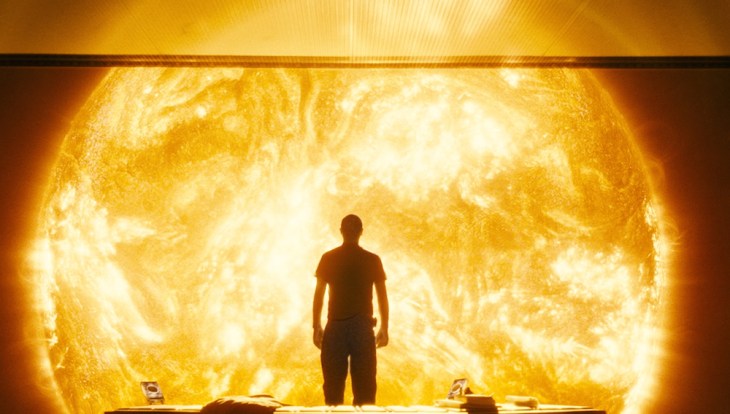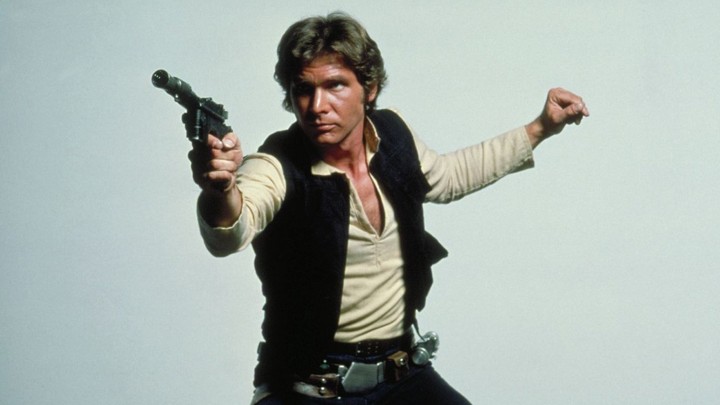Because of what the science fiction genre is--a genre that considers how science will shape mankind as he moves into the future while retaining the human spirit, then the greatest science fiction novel is Contact by Carl Sagan. During his life, Sagan championed human rights issues and encouraged the search for extraterrestrial life. He was instrumental in developing SETI.
Sunshine - Danny Boyle | Evolution and Sacrifice

Sunshine (2007) directed by Danny Boyle and adapted from Alex Garland's screenplay is provocative, beautiful, and sad.
Han Solo - The Hero Disney Killed
 |
| Fox / Lucasfilm |
The Star Wars Franchise, guided by Disney's hand, killed Han Solo--not just in body but in spirit. Sure, Kylo Ren gave into his anger and it wasn't pretty, but it wasn't just Han the character that died. The idea of Han died too.
Cyborg Manifesto | Donna Haraway, Silko, Octavia Butler, & Nancy Kress

In Cyborg Manifesto, Donna Haraway’s use of the cyborg is, for the most part, metaphorical. She is only tenuously invested in robotics and uses the techno figure of the cyborg to partially refer to the information systems of the cyberneticists like Weiner, Shannon, Kieber, Turing and McCulloch, but mostly to present a de-essentialized feminist vision, one not in need of Edenic metanarratives of patriarchal genesis. As far as information theory goes, she is interested in intersections of a posthuman consciousness vis a vis Katherine Hayles that is free of embodiment.
Isaac Asimov - Foundation | American History: From Empire to Plutocracy

Isaac Asimov was more than a sci-fi writer. He was also a historian, a futurist, a thinker. With Foundation, Asimov considered the broad scope of American history along with speculative technological development. But Asimov's purpose for writing Foundation was foremost an exploration of the major iterations of American history.
Subscribe to:
Comments (Atom)
